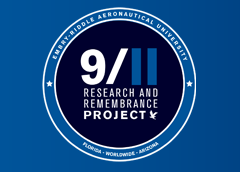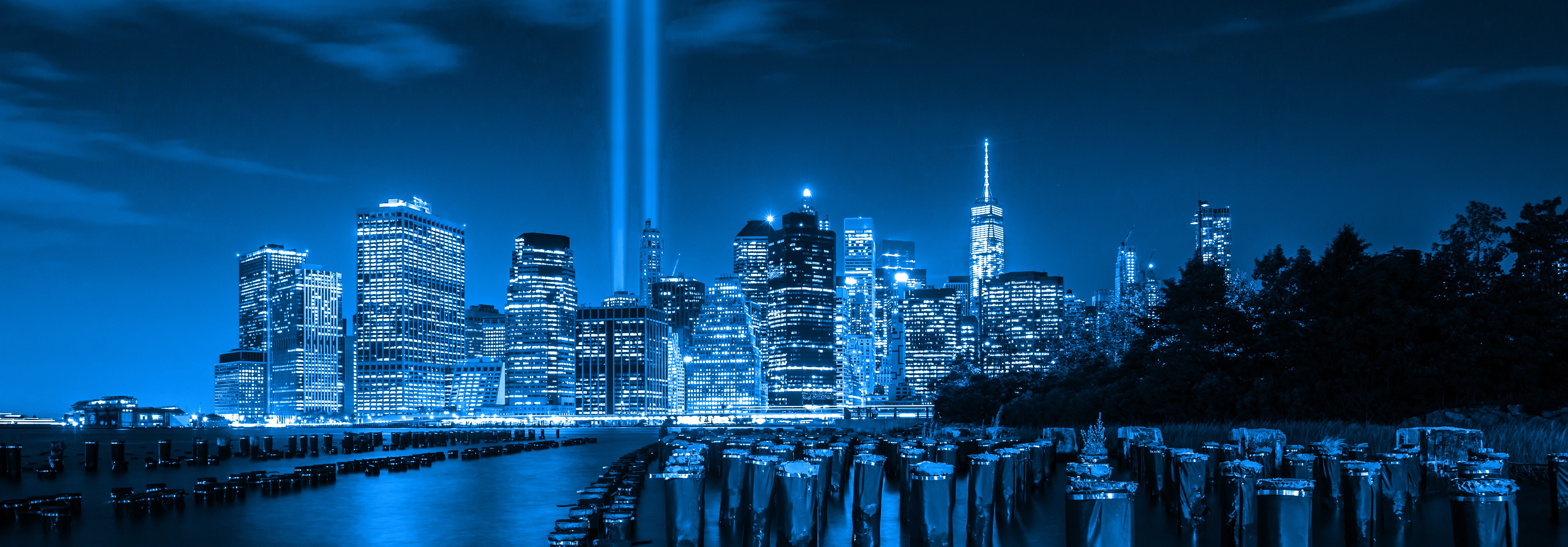Document Type
Interview
What were you doing on 9/11? (Or, What was your interviewee doing on 9/11?)
Arlington, VA as a USAF Major at the Defense Information Systems Agency. Attending budgetary meetings in the DISA office.
How did 9/11 affect you personally and or professionally?
Personal/professional reaction – violated, appalled anyone would attack soft (civilian) targets, most don’t realize the Pentagon is an office building dedicated to acquiring and organizing resources, all warfighting and military operations occur from the combatant commands (EUCOM, CENTCOM, PACOM, etc). Sadness for friends who lost loved ones. Surreal experiences as there was NO traffic (D.C. is famous for traffic at all hours of the day, every day) in the D.C. area and no sound of aircraft overhead (it was constant prior to 9/11). Over time, it became sadness/anger for the loss of freedom, safety, and cultural changes.
What do you want future generations of professionals, particularly those going into your field, to know about 9/11?
Incident Response, Disaster Recovery, and Business Continuity (COOP – continuity of operations for the military) are incredibly important and must be practiced/exercised and reviewed/updated regularly. Even though no one wrote a plan for what to do if a plane hit the Pentagon, one could write a plan for the loss of a network node for a variety of reasons (fire and water damage would work well and could be adapted). In addition, if it is critical to operations, redundancy is important. Although, in this case almost all the redundancy for the east coast went though the building next to the World Trade Centers, I’m not sure we could have purchased/leased any lines that did not go through that building. After all, why use satellite links when so many terrestrial options exist? Finally, build it in the middle of nowhere even though it adds costs and commuting time for people. It is easier to create stand-off distances, and add security measures such as bollards, generators, etc., in wide open spaces than it is in the middle of a city.
On 9/11, what sector were you (OR your interviewee) in?
Military
On 9/11 what was your (OR your interviewee’s) occupation? (optional)
USAF Major assigned to the Defense Information Systems Agency
Event Location
Reflections of Colonel Kim Ramos, USAF Ret, Interviewed by Robert Cardinal-Warmuth
Personal/professional reaction – violated, appalled anyone would attack soft (civilian) targets, most don’t realize the Pentagon is an office building dedicated to acquiring and organizing resources, all warfighting and military operations occur from the combatant commands (EUCOM, CENTCOM, PACOM, etc). Sadness for friends who lost loved ones. Surreal experiences as there was NO traffic (D.C. is famous for traffic at all hours of the day, every day) in the D.C. area and no sound of aircraft overhead (it was constant prior to 9/11). Over time, it became sadness/anger for the loss of freedom, safety, and cultural changes.



